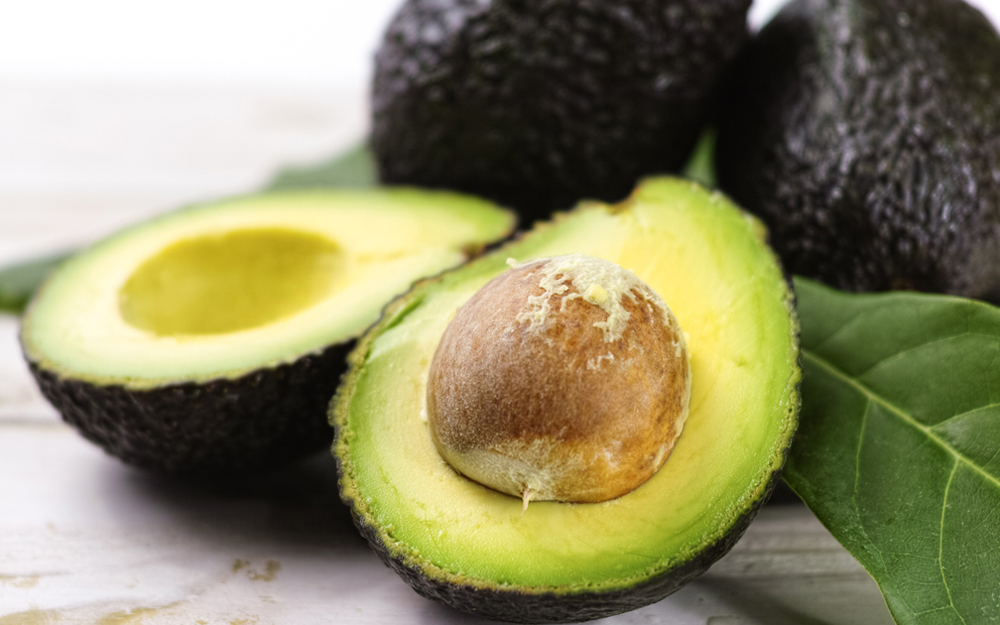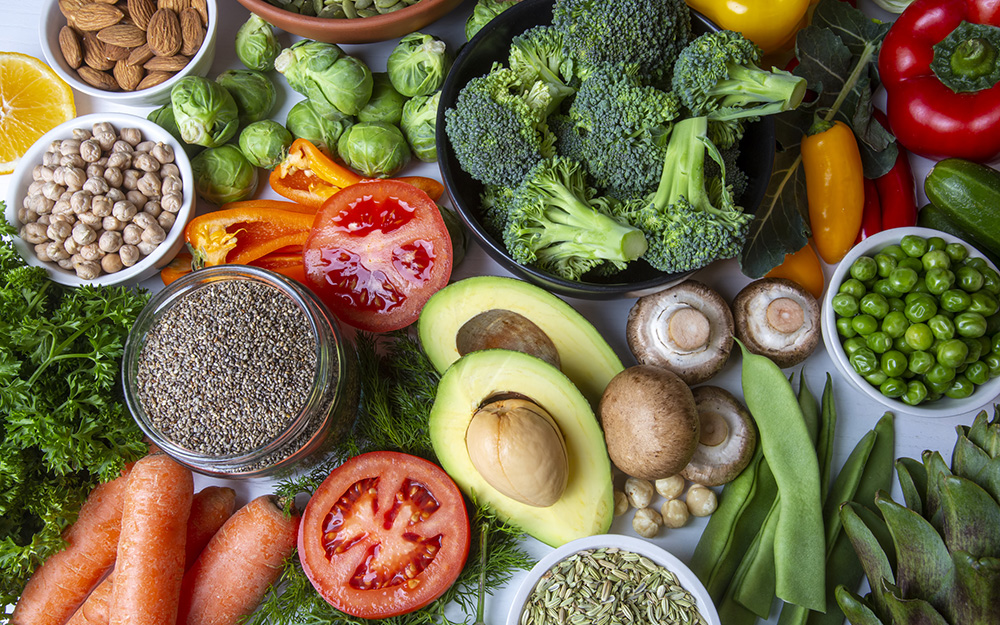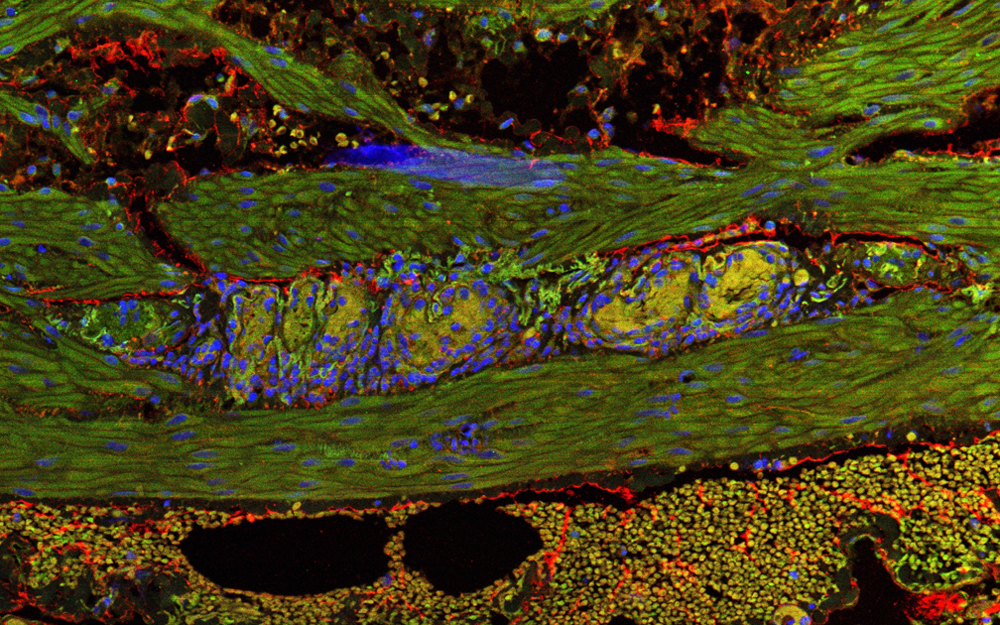In Case You Need a Reason to Eat More Avocado
Date
September 26, 2017

Date
September 26, 2017
Credits
Medical providers featured in this article
In Brief
{{cta-block}}
Avocados have long been a SoCal favorite and the secret is finally out. Over the past 10 years or so, the rest of the country has embraced the healthy, versatile, fitness-friendly fruit.
Whether sliced on toast, mashed up as a dip, cubed into a salad, or eaten straight from the tree, these fatty fruits really are all they're smashed up to be.
"They're packed with good fats and fiber, which means they help you stay full longer," says Charlotte Roberts, a registered dietitian and certified diabetes educator with Cedars-Sinai. "They're also a great source of vitamins."
Dietitian Charlotte Roberts breaks down the health benefits of avocados:
Fats
Yes, fats can be good, and they are part of a balanced diet. Monounsaturated and polyunsaturated fats, found in avocados, are often called the "good fats." Avocado consumption has been linked to lower levels of bad (LDL) cholesterol. In fact, a study suggests an avocado per day can keep bad cholesterol at bay for overweight and obese individuals.
Fiber
High fiber diets have been lauded for lowering blood sugar, cutting cholesterol, and potentially preventing some kinds of cancer—like colon cancer. The recommended daily intake of fiber is 25 grams a day for women and 35 grams for men, with most of us falling short of those goals. Avocado packs about 1 gram per tablespoon, with around 10 grams in an entire fruit.
Satiety
The powerful combination of fat and fiber has another benefit: It helps you feel full longer. In fact, a 2013 study found that overweight adults who added half a fresh avocado to their lunch were less likely to feel hungry after eating.
Nutrients
In addition to healthy fats and dietary fiber, avocados are also packed with other goodies your body needs.
Avocados are a great source of nutrients, including:
- Folate
- Magnesium
- Potassium
- Riboflavin (Vitamin B2)
- Niacin (Vitamin B3)
- Pantothenic Acid (Vitamin B5)
- Pyridoxine (Vitamin B6)
- Vitamin C
- Vitamin E
- Vitamin K
You can't use the nutrients you eat unless your body is able to absorb them and put them to work. Avocados help with this part too.
First, they act as a direct delivery system. "Some vitamins, like vitamin E, are especially good to get directly from food, since they don't absorb as well when you take them as supplements."
Second, avocados help your body better absorb fat-soluble nutrients like vitamins A, D, E, and K. When choosing foods high in these nutrients, adding a little avocado can help your body hang on to the them.




